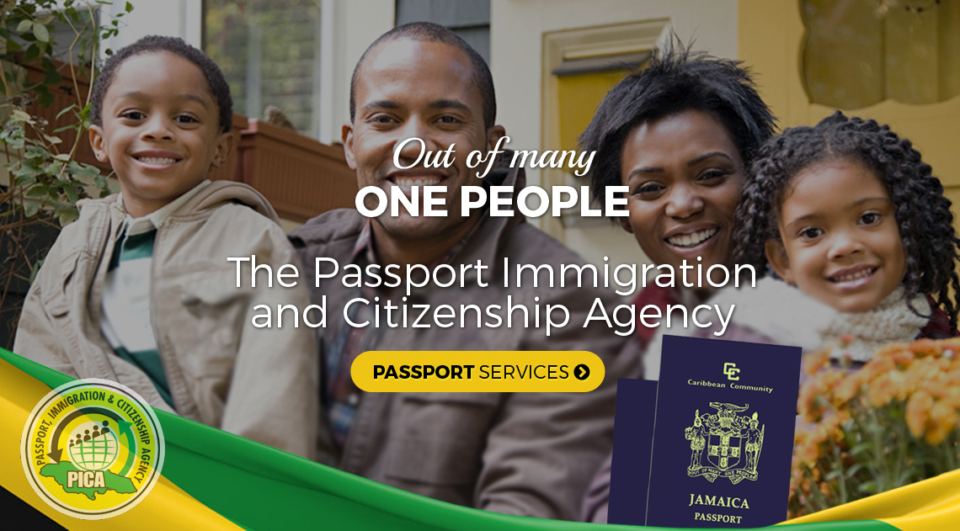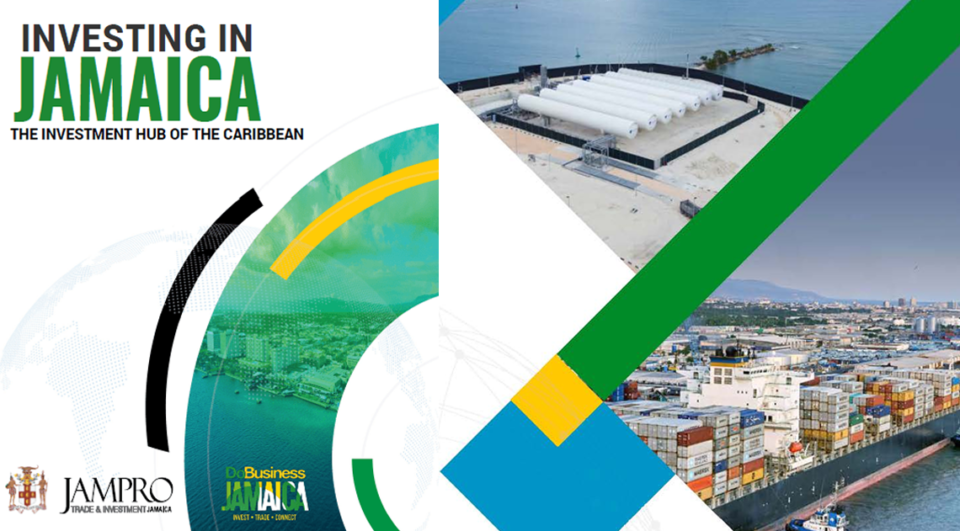Photo Caption: Representatives from civil society and faith-based organisations look on as Senator the Honourable Kamina Johnson Smith, Minister of Foreign Affairs and Foreign Trade, discusses the Samoa Agreement. The Minister was speaking at a stakeholder engagement held at the Ministry’s Headquarters last Thursday (Nov 30).
“Jamaica is a dualist State and there is no international agreement which will ever supersede Jamaica’s Constitution”, says Senator the Honourable Kamina Johnson Smith, Minister of Foreign Affairs and Foreign Trade (MFAFT).
Minister Johnson Smith was explaining several reasons for the public’s assurance, including the fact that Jamaica’s legal system does not allow automatic incorporation of international agreements. This, during Thursday’s (Nov 30) stakeholder engagement on the Samoa Agreement at the Ministry’s Headquarters, where she alongside technocrats within the Foreign Ministry and other MDAs, made a comprehensive presentation to representatives from civil society and faith-based organisations.
During the meeting which lasted for more than four hours, Minister Johnson Smith and the technical members of staff of the Ministry, made clear that the Samoa Agreement does not infringe on the Jamaican Constitution nor violate other domestic laws. They also outlined the Government’s careful approach during the 2-year negotiation period, which sought to ensure this result.
“Throughout the negotiation process, there were ongoing consultations internally with the relevant Ministries, Departments and Agencies, as well as with members of Civil Society, which ensured consideration was always given to Jamaica’s domestic legal framework to guarantee harmony with the international obligations outlined in the Agreement”, explained Minister Johnson Smith while confirming Jamaica’s intent to sign the Agreement.
The Minister further emphasised the significant overlap with the provisions of the Cotonou Agreement which has guided Jamaica’s engagement with the European Union (EU) for the past 22 years, which she said has not affected the island’s laws, changed cultural norms, nor been based on a relationship of subservience.
“Jamaica’s partnership with the EU remains an important pillar of its foreign and development policy and its engagement in this framework is based on shared objectives and principles. For more than four decades, under the varying frameworks, the EU has supported Jamaica’s economic growth and development and resilience-building initiatives, through intervention programmes in key areas including health, agriculture, environment and climate change, citizen security and justice reform and more recently, digital transformation. These programmes have made a qualitative difference to the lives of many Jamaicans, including vulnerable groups such people with disabilities, women and youth,” said Minister Johnson Smith as she described the strength of the partnership between the EU and Jamaica, grounded in support for Jamaica’s National Development Plan Vision 2030.
Throughout the engagement, the Minister pointed out that misinformation “could sadly be perpetuated” because it was not difficult, whether intentionally or unintentionally, to misunderstand single words and phrases pulled out of context in the Agreement, nor to apply speculative interpretations without considering its 403 pages and 285 Articles. She added that the Articles must also be interpreted within the context of an entire body of international and domestic law, while considerations be given to other related reservations which Jamaica would have entered in international fora years ago.
While noting that concerns from some civil society representatives were focused exclusively on provisions related to human rights, Minister Johnson Smith underscored that “the Samoa Agreement is not, at its core, a human rights treaty – it is an agreement that is focused on a holistic approach to development and cooperation and covers a wide range of important fields”.
Members of the Jamaica Coalition for a Healthy Society, were given ample opportunity to share their perspectives, alongside individuals and representatives from various other groups who were equally encouraged to present their arguments in favour of signing the Agreement. Some Non-Governmental Organisations (NGOs) attending the session acknowledged the benefits received from EU funded programmes in Jamaica.
In discussing the widely expressed concern that the Samoa Agreement references sexual and reproductive health education, the Ministry of Education and Youth (MOEY) shared its approach to the delivery of the Health and Family Life Education (HFLE) Curriculum. According to the Ministry, the design of the HFLE Curriculum is consistent with the Jamaican Constitution and involved consultation with civil society and faith-based organisations, including members of the Jamaica Coalition for a Healthy Society, to ensure that young people would be equipped with information to protect themselves from harm and to take healthy decisions which in turn promote healthy societies. For its part, the Planning Institute of Jamaica demonstrated the symbiotic development cooperation relations between Jamaica and the European Union, which spans more than 45 years.
Earlier this month, the Signing Ceremony for the Samoa Agreement took place in Apia, Samoa. To date, 49 African, Caribbean and Pacific States, out of a possible 79, and all 27 EU Member States (76 per cent of the relevant member states) have signed the Agreement. Failure to sign could negatively impact Jamaica’s ability to access the development funding for which the Agreement provides.





